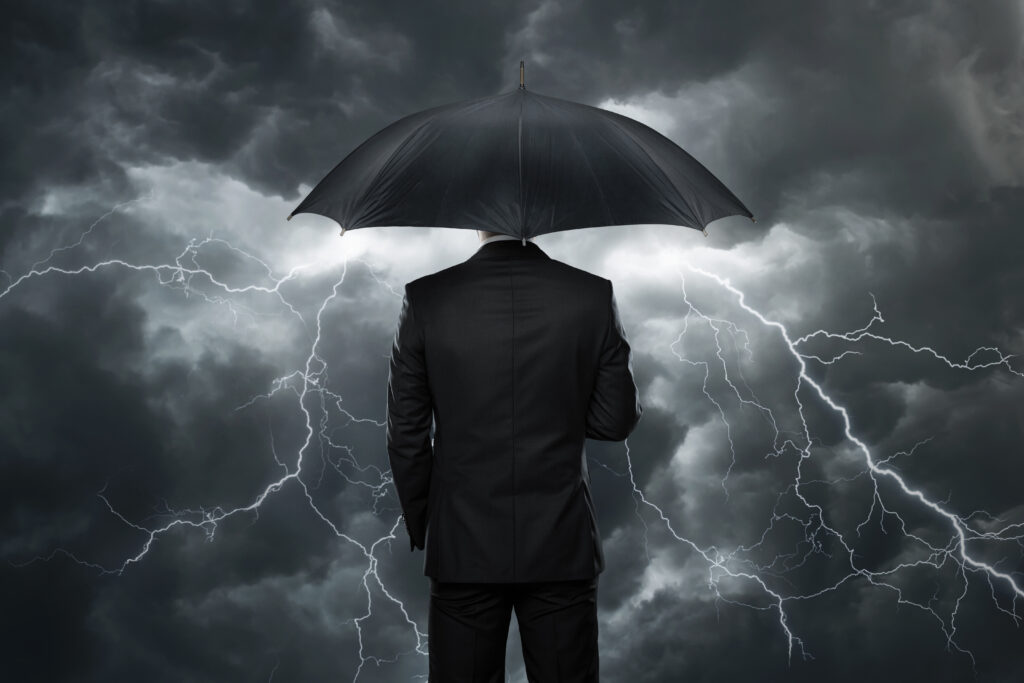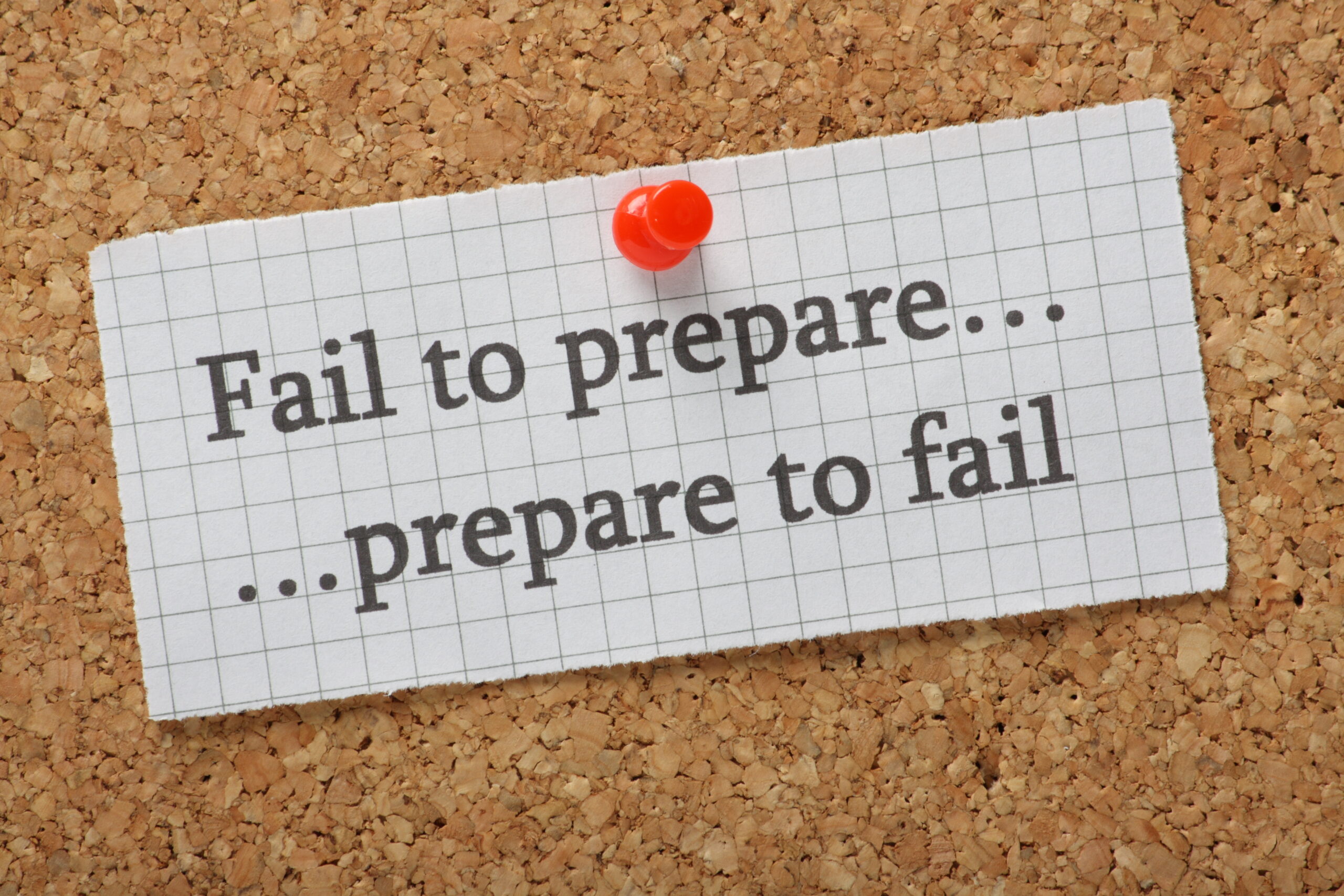
Preparing for potential emergencies or catastrophic events is a prudent and responsible approach in today’s uncertain world. Whether you’re concerned about natural disasters, pandemics, or societal disruptions, becoming a prepper can provide you with the skills and resources to increase your resilience and self-sufficiency. This article aims to guide new preppers on how to begin their preparedness journey, including the essential steps to take and the valuable skills to acquire in the event of a catastrophic scenario.
Assess Your Risks and Needs
Before diving into prepping, it’s important to assess the specific risks and needs that are relevant to your geographical location and personal circumstances. Consider the most likely threats in your area, such as hurricanes, earthquakes, or economic instability. Additionally, evaluate the specific needs of your household, including the number of family members, any medical conditions, and dietary requirements. This assessment will help you tailor your preparedness efforts accordingly.
Build a Stockpile
One of the fundamental aspects of prepping is building a stockpile of essential supplies. Begin by focusing on the necessities that will sustain you during emergencies. These include non-perishable food items (such as canned goods, rice, beans and pasta), clean water (aim for a two-week supply), medical supplies (first aid kits, prescription medications), hygiene products, batteries, flashlights, and a portable radio.
Gradually expand your stockpile to include other important items such as blankets, clothing, fuel, cooking equipment, and tools. Consider the unique needs of your household members, including infants, elderly individuals, or pets.
Acquire Essential Skills
Skills are as important as supplies when it comes to surviving and thriving in a catastrophic scenario. Here are some essential skills every prepper should consider acquiring:
First Aid and Medical Skills: Basic knowledge of first aid techniques, CPR, wound care, and the ability to handle medical emergencies can be lifesaving. Consider taking first aid courses and building a comprehensive medical kit.
Self-Defense and Personal Security: Learning self-defense techniques and understanding how to protect yourself and your loved ones in emergency situations is invaluable. Consider taking self-defense classes or learning martial arts.
Food Production and Preservation: Acquiring skills in gardening, permaculture, and food preservation techniques (such as canning, drying, and fermenting) will ensure a sustainable food supply in the long run.
Water Sourcing and Purification: Knowing how to find, filter, and purify water from natural sources is crucial when clean water becomes scarce. Learn about various water purification methods and consider investing in water filtration systems.
Navigation and Orientation: Learning how to navigate using maps, compasses, and landmarks is essential in case of evacuation or when technology fails. Practice orienteering and improve your sense of direction.
Communication and Information Gathering: During emergencies, communication systems may become unreliable. Acquire knowledge of alternative communication methods like ham radios or shortwave radios. Additionally, develop skills in gathering information from various sources, including emergency broadcasts and online platforms.
Basic DIY and Repair Skills: Knowing how to perform basic repairs, handle power outages, and improvise solutions using available resources can make a significant difference in emergency situations.
Mental Resilience and Stress Management: Developing mental resilience, stress management techniques, and maintaining a positive mindset are essential for navigating challenging situations. Consider practicing meditation, mindfulness, or stress-reducing activities.
Conclusion
Becoming a prepper is a proactive approach to facing uncertainties in our world. By assessing risks, building a stockpile, and acquiring essential skills, you can enhance your resilience and self-sufficiency in the face of catastrophic scenarios. Remember to tailor your preparations to your specific circumstances and geographical location. Prepping is not about succumbing to fear, but rather about empowering yourself to handle whatever challenges may arise. With a well-rounded approach that combines supplies and skills, you’ll be better equipped to protect yourself and your loved ones, fostering peace of mind and confidence in an uncertain world.

